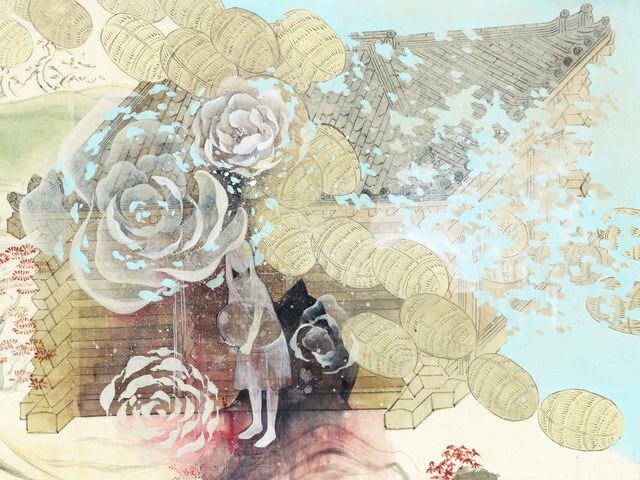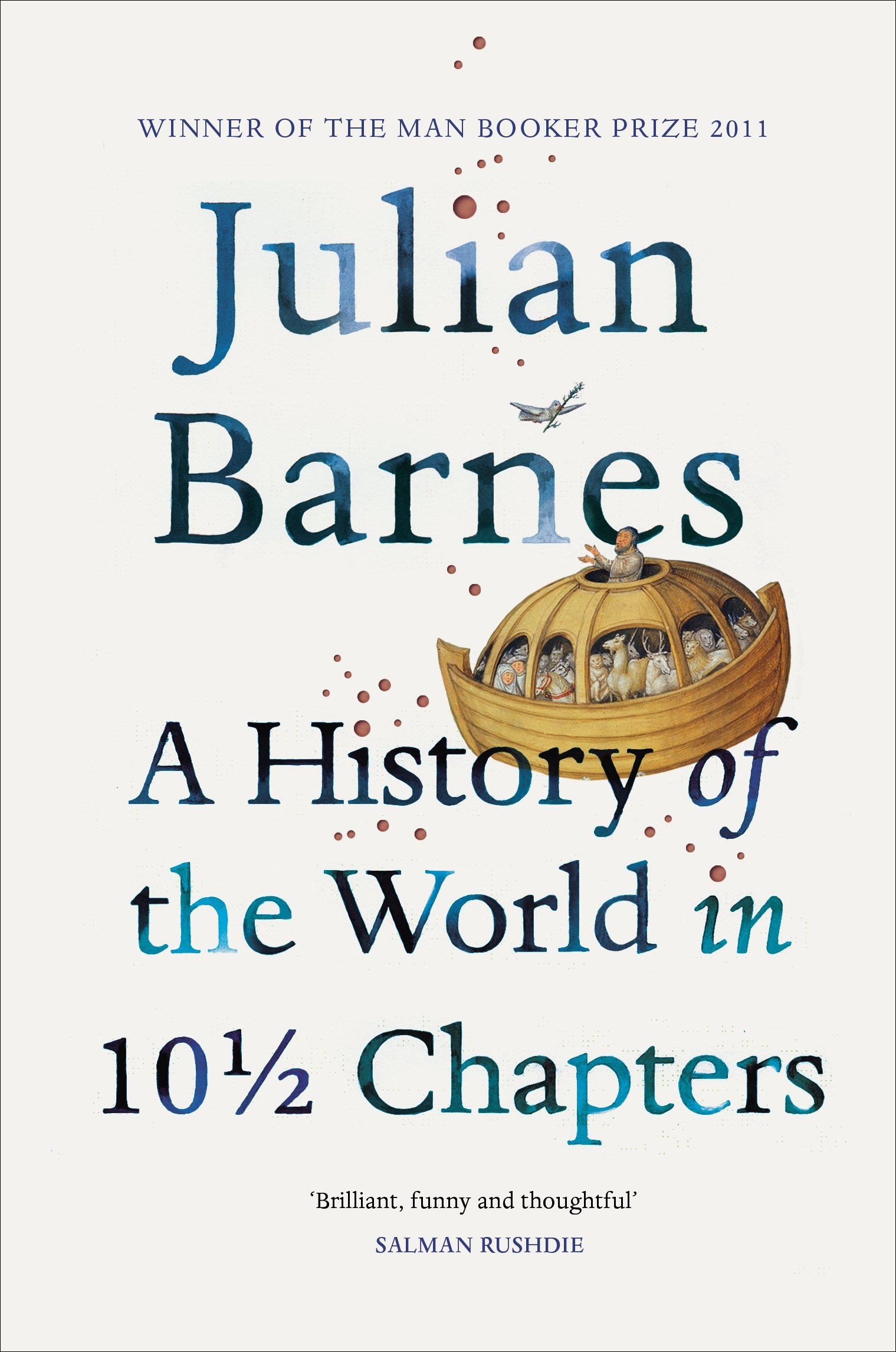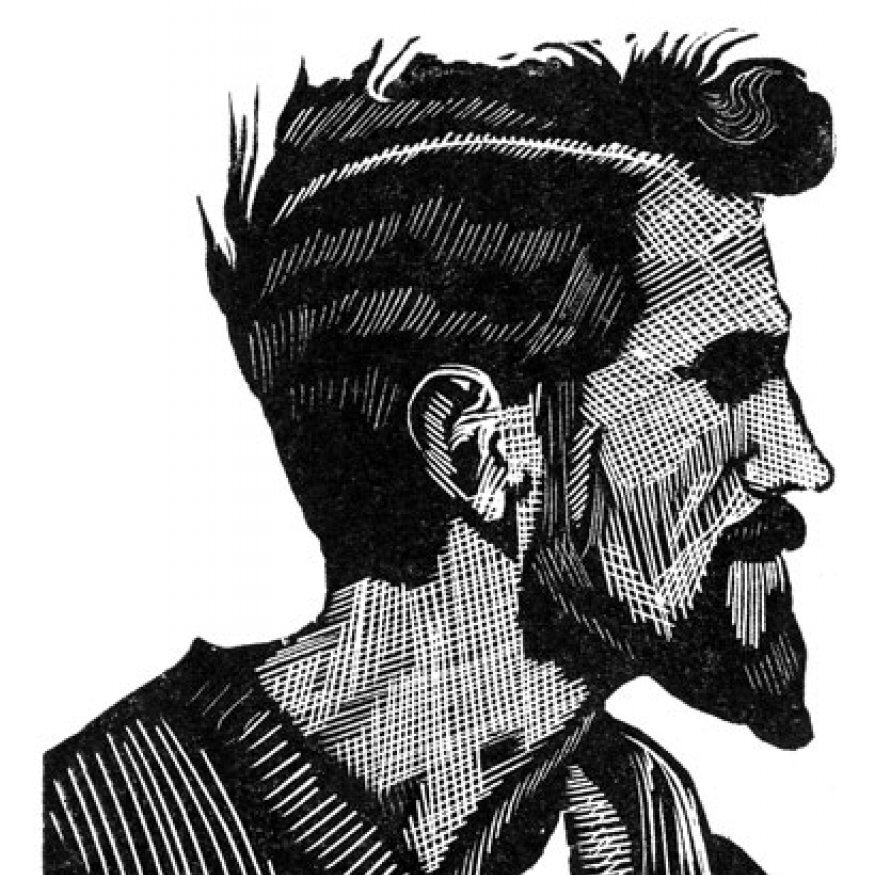W O R D F O L I O
Literary criticisms, book reviews, academic papers, short fiction by Boo Sujiwaro

Words on the page mean I am afraid / A conversation with my therapist (Reflex Fiction)
Longlisted in the Summer 2022 Reflex Flash Fiction Competition, ‘Words on the page mean I am afraid / A conversation with my therapist’ was published by Reflex Fiction on 13 August.

A Paradox of the Postmodern: Julian Barnes’ ‘The Stowaway’ — A Literary Analysis
A History of the World in 10 ½ Chapters showcases the discursive nature of history through the reconstructions of the metanarratives. In ‘The Stowaway’, Julian Barnes demonstrates, what Linda Hutcheon calls, one of ‘the paradoxes that characterize all postmodern discourses’ when he assumes the ‘genuine historicity’ of the Bible narrative in an attempt to destabilise its authority as the determining source of historical knowledge.

Towards a Neurodiverse Future i.
Stories taught me how to live—I learned from books how people interact, how they think, how the things they feel translate into body language. The questions I’ve had growing up, the answers I’ve revised repeatedly over the years, the lives I’ve lived in the pages of books have shaped me into the person I am today.

Fanfiction and the Art of Webnovels: Public Lecture
Fanfiction is a fascinating arena of cultural production with its own norms, hierarchies, and structuring practices. While the West has been slow to embrace self-produced online contents as ‘legitimate’ works of literature and art, in the East fanworks and self-produced online fiction have gained mainstream popularity; this has led publishers/corporations to establish ‘legitimate’ online platforms for web novelists and illustrators to publish and serialise their works.

Anglicisation as Linguistic Violence: Brian Friel’s ‘Translations’ and the Question of Cultural Identity — A Literary Analysis
Brian Friel’s Translations presents cultural identity as an ongoing discourse. Set in 1833, the play deals with the cultural effects of the English colonising mission in Ireland—namely, the systemic dismantling and erasure of Gaelic culture via the anglicisation of Irish place names and maps, and the replacement of Irish hedge-schools. In response to the inevitability of ‘cartographic violence’, Friel argues for the ‘renewing of images’ as a way for victims of colonialism to reclaim their cultural identity from the English.

Komorebi (木漏れ日): Short Fiction
Naoki has heard that Arne’s mother is Japanese but he still can’t bring himself to believe it. Under the plum tree at the school gate, with sunlight making dappled patterns on his skin, Arne greets him with a smile. Light catches in his hair, turning it a colour that Naoki has only ever seen on snow and jasmine.

Flash Fiction: Yesterday’s Tomorrow (published by Reflex Press)
On 17 July 2020, ‘Yesterday’s Tomorrow’, the prologue to my YA project, THREAT LEVEL: NAOKI, was published by Reflex Press as flash fiction.
Following its publication, ‘Yesterday’s Tomorrow’ was added to the syllabus for the Writingscapes module as preparatory reading for third year English students at Keele University. The module is taught by senior lecturer Ceri Morgan who specialises in geopoetics, place-writing and literary geographies in Quebec literature.

The Romantic Cure to Creative Neurosis: John Keats’ Ode to Psyche and the Relationship Between Creativity and Suffering
In the Romantic period, the concept of the ‘genius’ moved out of the external realm of ‘pagan piety’ and into the inner realm of the lone suffering artist afflicted by their own genius. John Keat’s Ode to Psyche sits at the intersection between two worldviews—one of antiquity which looks outwards for creative inspiration, and that of the more ‘modern’ view, which confuses the ‘genius’ for the artist. This has inadvertently proven to be the root of creative neurosis.

Ghost in the Black Box: Analysis of ‘Black Coat’ by Ted Hughes
In ‘Black Coat’, Ted Hughes poignantly portrays himself as failing to become a ‘blank slate’ upon which Sylvia Plath projects her father. Through a series of meaningful juxtapositions and philosophical allusions—such as tabula rasa and Ludwig Wittgenstein’s beetle in the box—Hughes effectively emphasises the multiplicity of truths and the imperviousness of the human mind.

Review and Analysis: The 1,000-Year-Old Boy by Ross Welford
The 1,000-Year-Old Boy by Ross Welford is an upper middle-grade fantasy with a historical undertone, spanning a millennia’s worth of English history. The protagonist, Alfie Monk, is like any other nearly teenage boys except he is a thousand years old. He has lived through the last Viking invasion and two world wars. When his mother dies in a house fire and the 21st century comes crashing in, Alfie must set out on a mission to restart his ageing process and ultimately regain the ability to die.

Historical Review: The Journal of a Disappointed Man by W.N.P. Barbellion
Armed with the flippancy and intellectual conceit which were second to none, W. N. P. Barbellion recorded a future ceaselessly spurned by sickness and circumstance. Born in 1889 in Barnstaple, he aspired to be a naturalist and began keeping a diary at the age of thirteen. His lust for life antagonised by his social class and ill health stationed him at a uniquely tragic standpoint from which he witnessed fin de siècle.

Literary Analysis: The Signalman by Charles Dickens
In The Signalman, Charles Dickens demonstrates the powerlessness of humanity in the face of technological advancement by interconnecting the supernatural to the mundanity of life during the industrial era. By attributing human qualities to the paranormal, Dickens effectively emphasises the unforgiving brutality of industrial machinery.